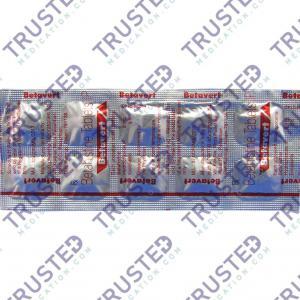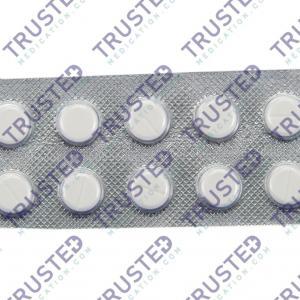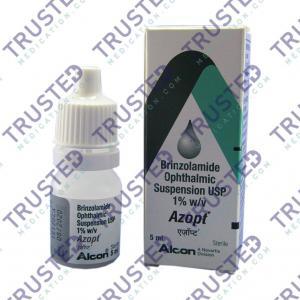
Many women experience dyspepsia and heartburn while pregnant, which can be uncomfortable or painful. There are ways to help avoid or treat dyspepsia, especially mild. Sometimes the feeling of it can be confused with a more serious condition called pre-eclampsia. Treatment for this condition during pregnancy may vary.
What Is Dyspepsia?

Dyspepsia is a persistent or recurrent pain or discomfort in the upper abdomen. It is a very common condition. About 25% of people in the U.S. experience dyspepsia each year.
Dyspepsia is often a sign of an underlying problem, such as gastroesophageal reflux disease (GERD), ulcers, or gallbladder disease, rather than a condition of its own.
People of all ages and both sexes are affected by this condition. It’s extremely common. An individual’s risk increases with the following:
- Obesity
- Smoking
- Excess alcohol consumption
- Emotional problems, such as anxiety or depression
- Use of drugs that may irritate the stomach, such as aspirin and other pain relievers
- Conditions where the digestive tract is abnormal, such as an ulcer
The symptoms of dyspepsia can include:
- Abdominal pain
- Bloating
- Belching and gas
- Burning in the stomach or upper abdomen
- Acidic taste
- Growling stomach
- Nausea and vomiting
These symptoms may increase in times of stress. People often have heartburn and dyspepsia, but heartburn is a different symptom that may indicate another problem.
What Is The Treatment For Dyspepsia?
Most people find relief from the condition by making diet changes or taking medication. Your healthcare provider may recommend a combination of both.
Diet changes include:
- Removing fatty, spicy, or acidic foods from your diet.
- Cutting down on alcohol, caffeine, and carbonated drinks.
- Avoiding foods or drinks that trigger indigestion.
Dyspepsia caused by another health condition might improve with medication. Common medications for relief include:
- Antibiotics: Antibiotics treat bacterial infections like H. pylori.
- Antacids: These over-the-counter medications provide quick relief for acid reflux. They neutralize stomach acid.
- Proton pump inhibitors (PPIs): PPIs lessen the acid in your stomach but are usually only for people with heartburn.
- H2 blockers: These medications reduce the amount of acid your stomach produces. H2 blockers may help peptic ulcers.
On the other hand, your healthcare provider may recommend surgery if ongoing acid reflux gives you dyspepsia. A procedure called laparoscopic anti-reflux surgery may help relieve the symptoms of GERD. It’s a minimally invasive procedure, meaning it doesn’t need a large incision.
How Are Pregnant Women Affected By Dyspepsia?
Pregnancy is often associated with dyspepsia, nausea, or both. It is possible that ulcers, gastritis, and GERD may improve during pregnancy. Women often adopt a long-suffering and stoic posture during pregnancy because they have unrealistic expectations concerning the teratogenicity of most commonly used drugs. Medicine aims to alleviate pain and suffering whenever possible, and many drugs can control symptoms of the upper gastrointestinal tract safely and effectively. When symptoms are persistent into the late second trimester, refractory to pharmacologic treatment, or severe, H. pylori infection, complications of ulcer disease, and underlying cancer should be suspected and sequentially ruled out. More timely treatment and work-up of nonobstetric diseases during pregnancy could reduce perinatal complications.
Symptoms of dyspepsia during pregnancy can vary from mild to severe. They can include one or more of the following:
- Bloating
- Water brash is a sudden flow of sour-tasting saliva in your mouth
- Upper abdominal pain or discomfort
- Pain in the center of the chest behind the breastbone
- Feeling sick and being sick
- Quickly feeling full after eating
- Heartburn is a burning sensation that rises from the upper tummy or lower chest up toward the neck
Symptoms may occur in bouts that come and go rather than always being present. These symptoms may begin at any time during pregnancy but happen more often or are more severe in the last three months. As soon as the baby is born, dyspepsia due to pregnancy usually disappears quickly.







